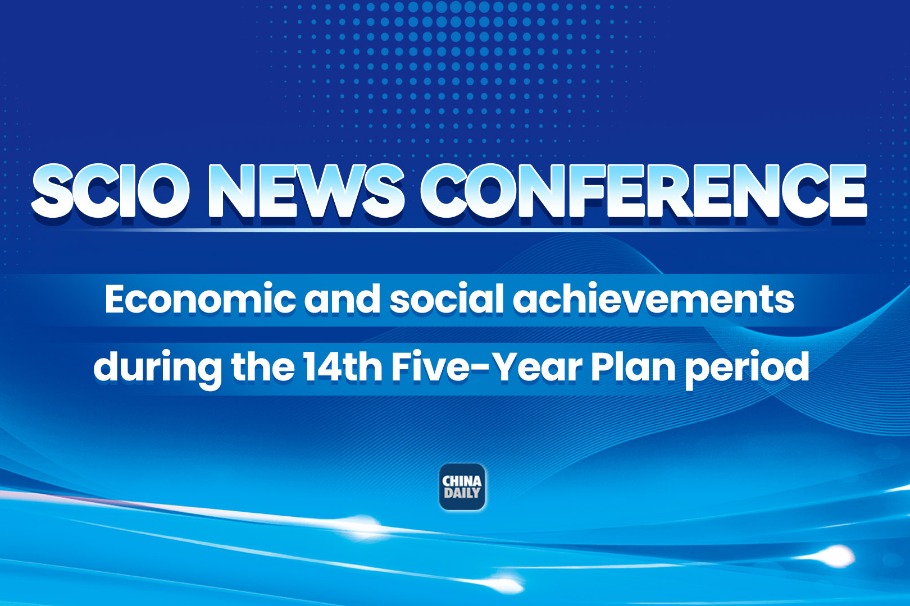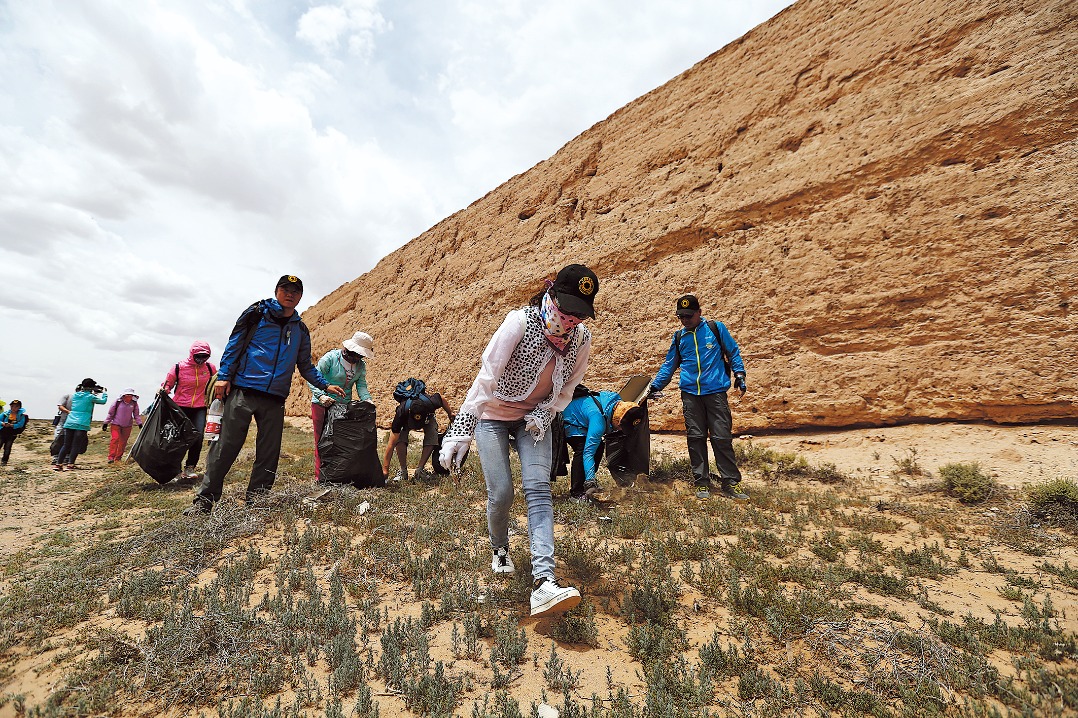US again draws 'red lines' for planned talks with Iran

United States President Donald Trump has said he would likely seek a commitment from Iran to end its nuclear ambitions at talks next week, sparking cautious optimism for prospects of long-term peace, despite a growing row on how much the US' weekend strikes set back Tehran's nuclear program.
Speaking in The Hague on Wednesday during a NATO summit, Trump expressed confidence that Tehran would embrace diplomacy for reconciliation, asserting he saw no likelihood of Iran resuming nuclear weapons development. For decades, Tehran has denied Western allegations that it aims to build nuclear bombs, maintaining its nuclear activities are for civilian purposes.
"We may sign an agreement. To me, I don't think it's that necessary. I'll tell you, the last thing they want to do is enrich anything right now. They want to recover," Trump said, without giving any details on the discussions next week — such as the venue and participants.
Tehran is yet to confirm any talks planned next week. A sixth round of US-Iran negotiations was scheduled for earlier this month in Oman but was canceled after Israel attacked Iran on June 13. Tehran retaliated by striking military targets inside Israel.
On Iran, Trump's Middle East envoy Steve Witkoff told CNBC on Wednesday: "We can't have weaponization. That will destabilize the entire region."
It came as Iranian President Masoud Pezeshkian said on Wednesday that Iran stands for a Middle East free of nuclear weapons and weapons of mass destruction, provided Israel will not have them either, Iran's Press TV reported.
In a phone call with Egyptian President Abdel Fattah El-Sisi, Pezeshkian said, "We agree with creating a region free of nuclear weapons and weapons of mass destruction, of course, on the condition that it also includes Israel, since the recent actions of this state leave no room for any trust in it at all."
According to Iranian Foreign Minister Seyyed Abbas Araghchi, as reported by Mehr News Agency of Iran, the ceasefire was accepted by Israel for three reasons: One, Israel and the US expected Iran to quickly collapse under attacks, only to find Iran rapidly regain its capabilities and launch formidable counterattacks; two, Israel did not anticipate facing a wave of unity and national cohesion from the Iranian people; and three, the Israeli and US aggressive attacks and violations of fundamental principles of international law met widespread protests across the globe.
During the weekend, the US struck three Iranian nuclear sites — Natanz, Fordow and Isfahan — with 14 GBU-57 bunker-buster bombs. On Monday, as a response, Iran launched missiles at the US' Al Udeid Air Base in Qatar.
Khamenei's remarks
On Thursday, Supreme Leader Ali Khamenei said Iran would respond to any future US attacks by striking US military bases in the Middle East, in his first televised remarks since the ceasefire was reached between Iran and Israel.
Khamenei, 86, said any attack on Iran would come at a "great cost".
"The Islamic Republic slapped America in the face. It attacked one of the important American bases in the region," Khamenei said.
Trump, seeking credit for ordering the military action and then quickly announcing a surprise ceasefire between Israel and Iran, has lashed out at media accounts of a classified report that doubted the extent of damage to the Iranian sites.
Backing Trump's assertions, CIA Director John Radcliffe said on Wednesday that new intelligence from a "historically reliable" source indicated that "several key Iranian nuclear facilities were destroyed and would have to be rebuilt over the course of years".
Another key question is whether Iran, preparing for the strike, moved out some 400 kilograms of enriched uranium — which could now be hidden elsewhere in the vast country.
"The US had no indication that the enriched uranium was moved prior to the strikes, as I also saw falsely reported," White House Press Secretary Karoline Leavitt told Fox News.
As the truce stood, Iran on Thursday announced the partial reopening of its airspace. "The airspace of the eastern half of the country has been reopened for domestic and international flights, as well as flights passing through Iran's airspace," Majid Akhavan, spokesman for the Ministry of Roads and Urban Development, said on X.
Agencies contributed to this story.
Today's Top News
- Xi, Bolivian president exchange congratulations on 40th anniversary of diplomatic ties
- China's CPI up 0.1% in June
- 'Shanghai Spirit' reflects strength and resilience
- Macron arrives for UK state visit
- US tariffs pose danger to ASEAN countries
- 8 held after children found with abnormal blood lead levels






























